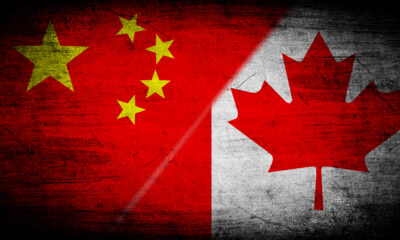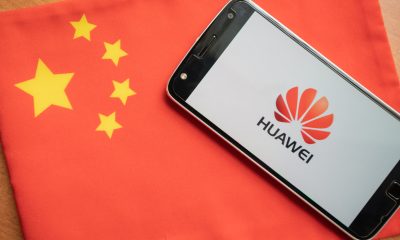Australia Criticizes Chinese Attempts To Arrest Hong Kong Activists Abroad

On Wednesday, Australian Prime Minister Anthony Albanese condemned attempts by the Chinese Communist Party-influenced Hong Kong police to pursue two pro-democracy activists currently residing in Australia.
While Hong Kong once protected the freedoms of its citizens, the country has slowly been taken over by the Chinese Communist Party (CCP) after the former British colony was returned to Chinese rule in 1997. In the aftermath of widespread pro-democracy protests in 2019, China has cracked down even harder on Hong Kong citizens and even dissidents overseas.
Hong Kong leader John Lee announced on Tuesday that they will be pursuing eight pro-democracy activists for life for supposed national security offenses — all of whom live outside of Hong Kong in countries including the United States, Britain, Canada and Australia. This attempt at criminalizing dissent overseas comes despite criticism that the move would set a dangerous precedent.
Speaking with Australian Broadcasting Corp., Albanese noted that his government was both concerned and disappointed with the Hong Kong government for issuing arrest warrants for the pro-democracy activists — who have been identified as Australian citizen Kevin Yam and Australian permanent resident Ted Hui.
“I am of course disappointed. I´ve said we´ll cooperate with China where we can — but we will disagree where we must. And we do disagree with China with these actions,” the Australian Prime Minister told the outlet.
The move was also criticized by officials in the U.S. and Britain, who expressed concern about the attempts to apply Hong Kong’s National Security Law outside of Hong Kong. While the U.S. argued that the action set a dangerous precedent that threatens human rights, Britain took a stronger stance — vowing not to tolerate attempts by the CCP to intimidate and silence dissidents overseas.
Meanwhile, Lee has insisted that his country’s application of their national security law overseas is not out of the ordinary — as extraterritorial power is found in the security laws of numerous other countries. The Hong Kong leader also vowed to not let his government be swayed by criticism from foreign officials and politicians.
Albanese also spoke out against China’s detention of Australian journalist Cheng Lei — who has not even learned of her verdict after standing trial in March 2022 on supposed national security offenses.
The Australian Prime Minister argued that Cheng was being held “without proper process.”
“We continue to advocate for the interests of Australia,” Albanese added. “We´ll continue to do so. We will disagree where we must. We will engage in our national interest. And this decision overnight is an example of where Australia and China do have different approaches to these issues. And we´ll stand up for our values.”
Hong Kong authorities have admitted that they have no ability to arrest the eight pro-democracy activists as long as they remain overseas.
























